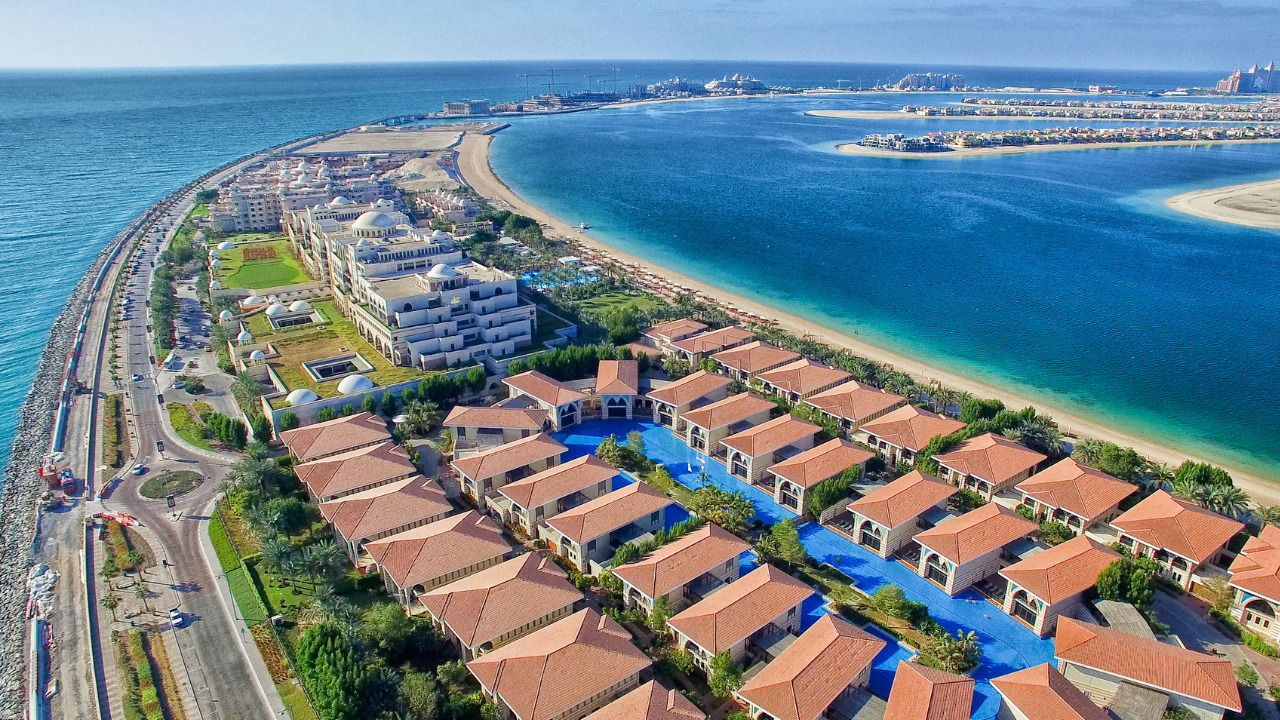This comprehensive article will show Dubai interior fit out projects’ complex legal and compliance issues. From building regulations and permits to contractual agreements, health and safety regulations, environmental standards, intellectual property rights, and labor laws, each aspect helps projects succeed while meeting the highest quality, safety, and sustainability standards.
Project managers, contractors, and designers must navigate Dubai’s complex interior fit out laws to protect residents, workers, and visitors. Planning, expertise, and adherence to Dubai’s strict standards of excellence are needed for this trip.
Understanding and accepting the legal and regulatory requirements of interior fitout projects is crucial as Dubai remains a worldwide architecture and design hub. This book covers every aspect, providing advice, tips, and best practices to guarantee that interior fitout projects meet legal requirements and improve the city’s urban landscape. Interior fitout projects are pioneering Dubai-inspired environments in a city known for its inventiveness and ambition.
Table of Contents
Some Common Legal Legal and Compliance Considerations for Interior Fit Out Projects
1. Building Regulations and Permits
One of the key legal aspects to be mindful of when planning a project with an interior fit out company Dubai is ensuring adherence to local building regulations and securing the required permits. These regulations exist to guarantee that interior fitouts adhere to safety standards, structural integrity, and fire safety prerequisites.
Failure to obtain the necessary permits may lead to penalties, project setbacks, and potential legal consequences. It is crucial to collaborate closely with the relevant local entities and secure the required authorizations prior to initiating any interior fit out endeavor in order to prevent potential legal entanglements.
2. Contractual Agreements and Documentation
Clear and legally binding contractual agreements are crucial for interior fit out projects. These contracts should outline the scope of work, project timelines, payment schedules, responsibilities of both parties, and dispute resolution procedures.
Engaging legal professionals to draft and review contracts is common practice in Dubai to ensure that all parties are protected and that the project proceeds smoothly. Contracts help define the project’s legal framework and minimize potential conflicts during the fitout process.
3. Health and Safety Regulations
Interior fitout projects in Dubai by top interior fit out company must comply with strict health and safety regulations. These regulations aim to protect the well-being of workers and occupants during and after the fit out process.
Ensuring that the project site adheres to safety standards, providing workers with necessary protective gear, and implementing safety protocols are all vital aspects of compliance. Failing to meet these regulations can result in fines and legal liabilities, making it imperative for project managers to prioritize safety and adhere to all relevant guidelines.
4. Environmental Regulations
Sustainability and environmental considerations have gained significant importance in Dubai’s construction and interior fit out industry. Projects must adhere to green building standards and regulations designed to minimize environmental impact.
Compliance may involve using eco-friendly materials, implementing energy-efficient designs, and managing waste responsibly. Violating these regulations not only leads to legal consequences but also tarnishes a company’s reputation in a market increasingly focused on sustainability.
5. Intellectual Property and Copyright
Interior fitout projects often involve the use of design concepts, plans, and creative elements. It’s essential to consider intellectual property rights and copyright laws when using or modifying designs created by others.
With interiorfitoutcompany.ae, obtaining the necessary permissions and licensing agreements for using copyrighted materials is easy. Additionally, ensuring that your own intellectual property is protected and not used without authorization by others is equally important.
6. Labor Laws and Employment Contracts
Interior fitout projects rely on skilled labor and often involve the employment of various professionals, from architects to construction workers. Compliance with labor laws, including employment contracts, visa regulations, and worker rights, is paramount. Violating labor laws can result in fines and legal actions against both employers and project managers. Understanding and adhering to labor regulations is essential for a successful and legally compliant fit out project.
Conclusion
In conclusion, interior fitout projects in Dubai must navigate a complex web of legal and compliance considerations. From building permits to contractual agreements, health and safety regulations to environmental standards, intellectual property rights to labor laws, addressing these aspects is essential for a seamless and legally compliant fit out project.
Failing to do so can lead to legal complications, project delays, and reputational damage, making it imperative for project stakeholders to prioritize compliance with the law at every stage of the project.





